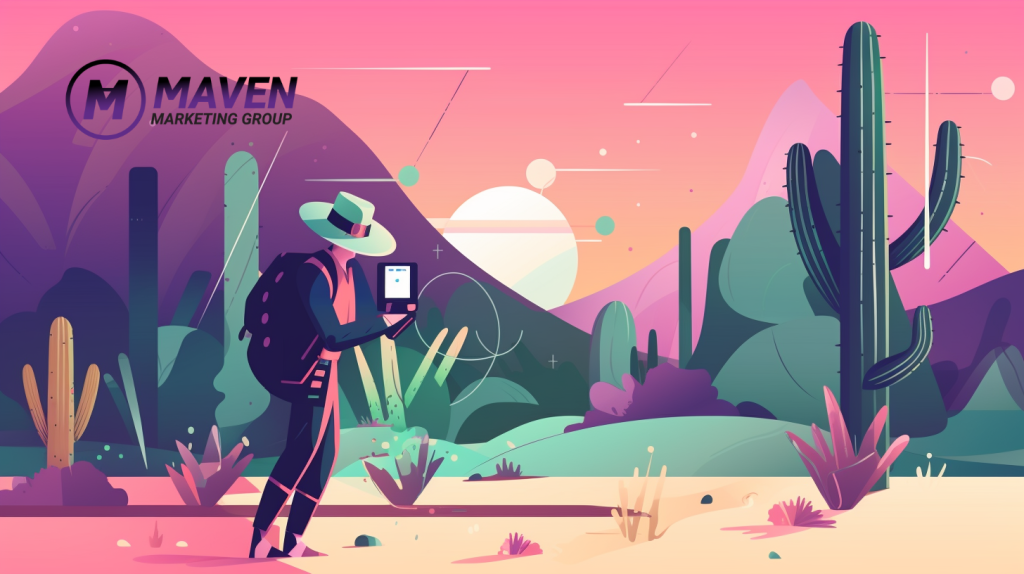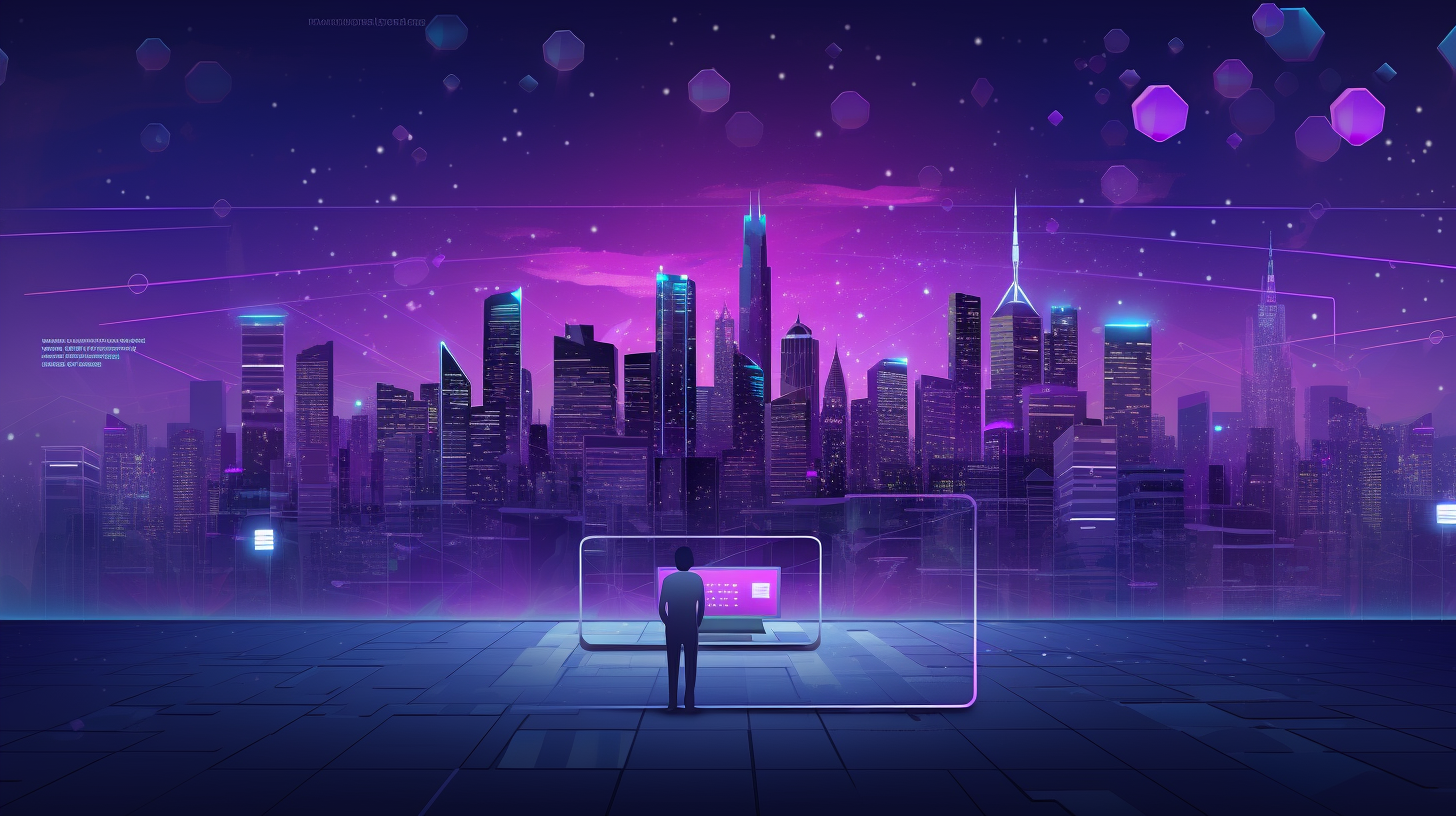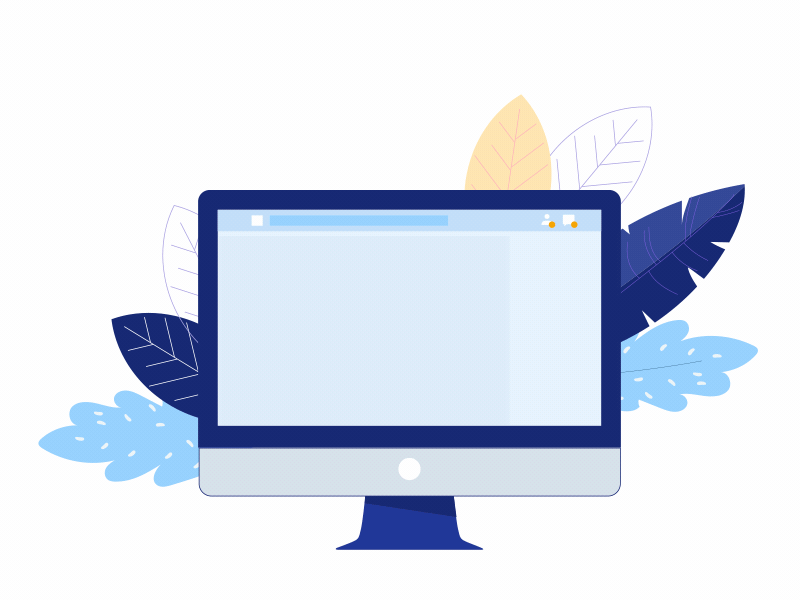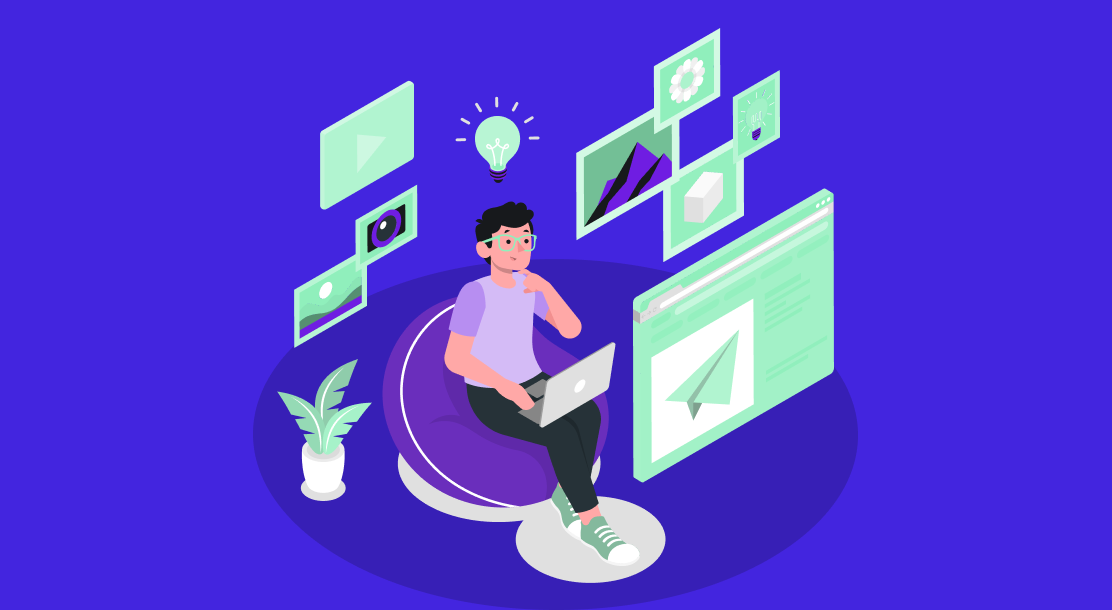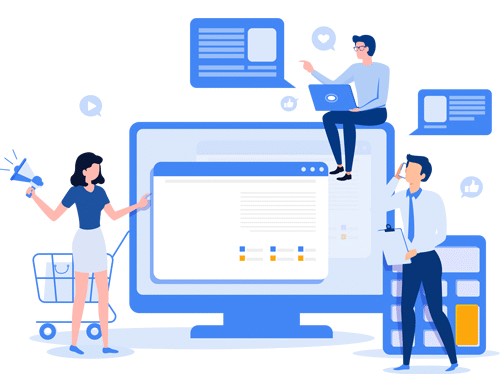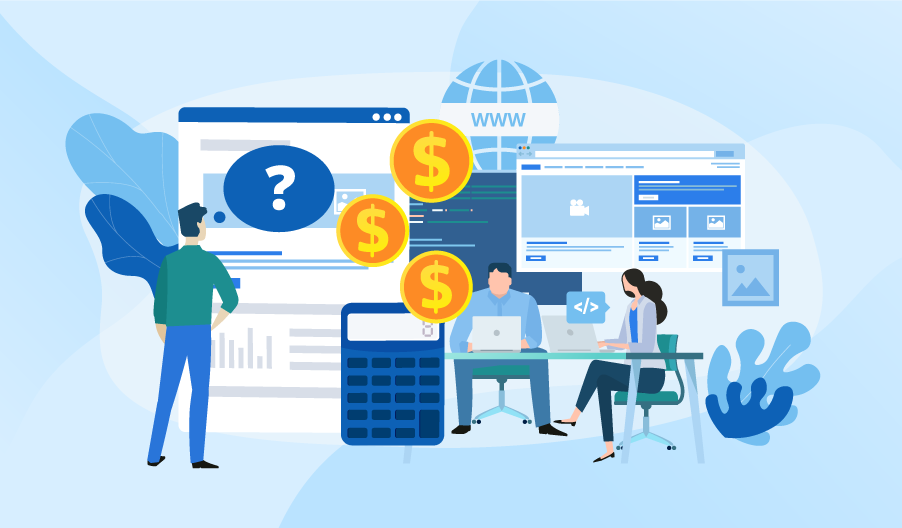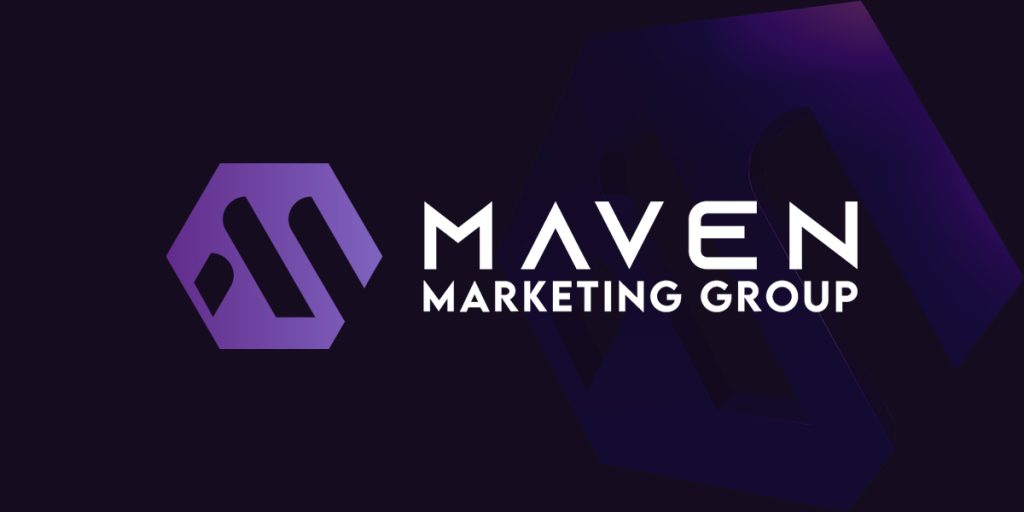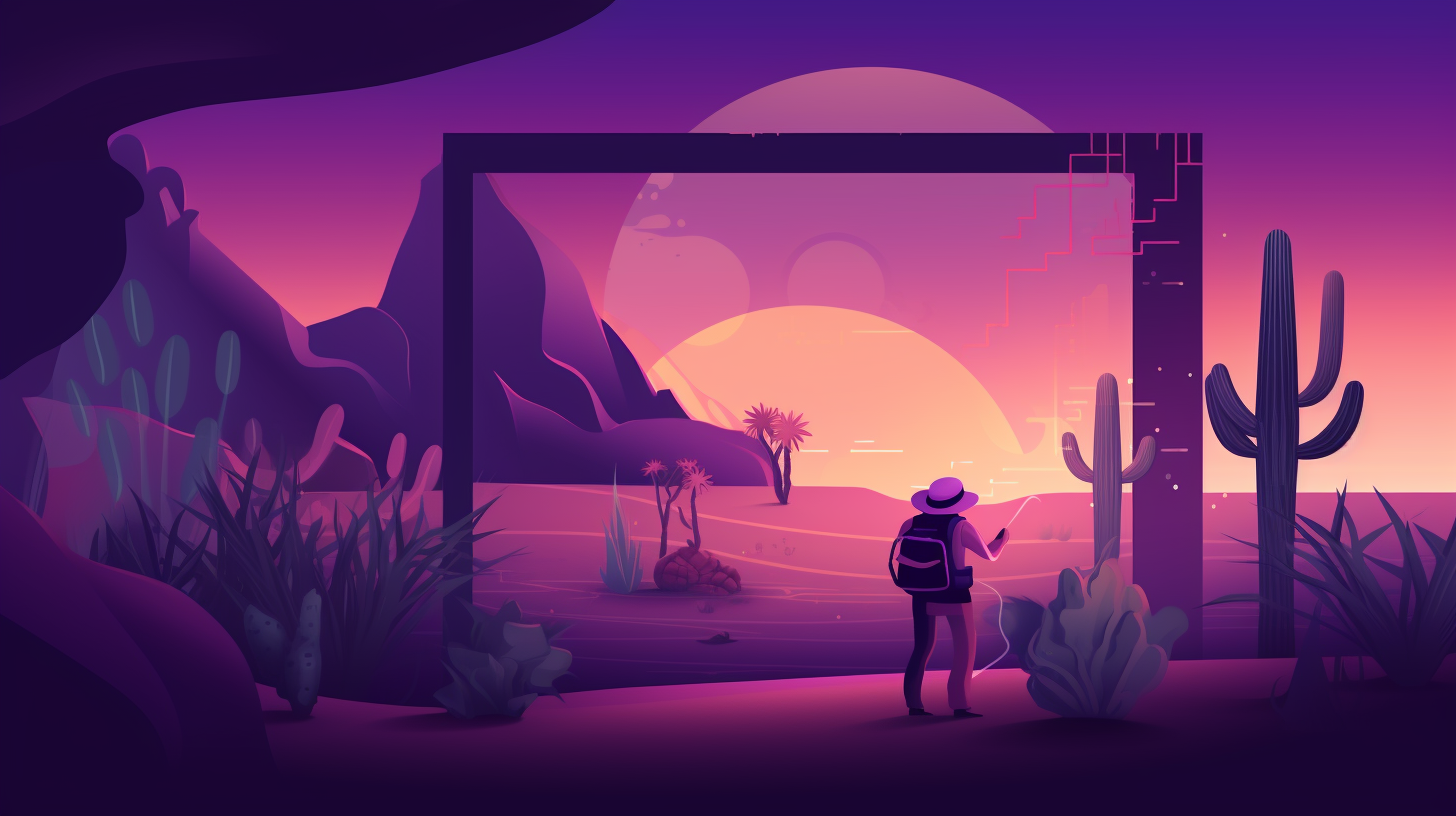
To find a web designer, you can start by exploring search engines, agency websites, job boards, personal recommendations, local networking events, and freelance platforms.
Once you’ve identified potential candidates for design work, vet them by reviewing their portfolios of visual design, checking references from web design agencies, assessing their technical skills, and evaluating their communication abilities to ensure they can deliver the desired deliverables.
Below, we explore these steps in greater detail to guide you through the process of finding the right web designer for your project.
Where to Find Web Designers:
- Search Engines: Google, Bing, and Duck Duck Go provide a number of resources to connect users with their search intent. These search engines provide a number of resources that can help users find the information they are looking for.
- Agency Websites: Many design agencies have portfolios on their websites, providing a glimpse of their style and range of services.
- Job Boards: Websites like Behance and Dribble feature designers showcasing their portfolios, and many are open to freelance opportunities.
- Word of Mouth: Personal recommendations from friends or colleagues can often yield quality candidates.
- Local Networking Events: Design meetups, tech conferences, and other industry events provide an opportunity to meet designers face-to-face.
- Freelance Platforms: Websites like Upwork, Freelancer, and Toptal provide a marketplace of vetted freelancers, including web designers.
Vetting Potential Candidates:
- Portfolio Review: Examine their past work to see if their style matches your vision. Examine their work on different devices to get an idea of how they code.
- References and Reviews: Read client reviews or speak with previous clients.
- Technical Skills: Make sure they have the required skills in web design software and languages, especially if your project requires custom coding.
- Communication: Effective communication is essential for any project; ensure your designer can articulate ideas clearly and is responsive.
Finding the right web designer is a critical step in achieving your digital goals.
Following this guide can help you vet potential candidates effectively and make a choice that best fits your project needs.
Remember, the designer you choose can significantly impact your website’s usability, functionality, and overall user experience.

